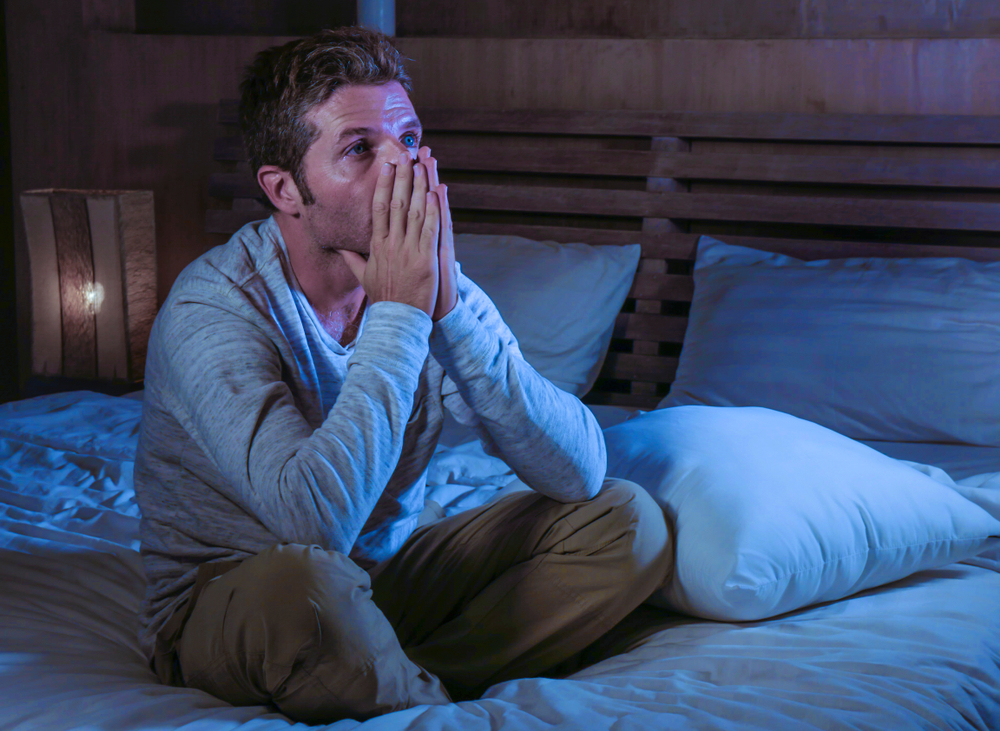
Prioritizing Anxiety Mitigation as Part of Pain Management
If you have suffered from chronic pain, then you know that anxiety is an almost constant feature of the condition. You worry if tomorrow will be worse than today, and, if so, how will you fulfill all of your personal and professional responsibilities. This stress may seem like a separate issue, but, from a neurological perspective, anxiety reinforces pain symptoms, making them more severe.
That is why it is extremely important that you and your pain management team make treating your anxiety a central component of pain treatment. Without a mental health treatment plan, it is quite likely that the other pain management techniques will be less successful.
Relationship between Pain and Anxiety
There are a multitude of ways that pain and anxiety interplay and synergize. One 2008 study found that people who suffered from headaches, stomach aches or muscle pain were 2.5 to 10 times more likely to also suffer from an anxiety or depression disorder.
It is easy to underestimate how powerfully stress and anxiety act on our bodies, but you should know that these emotions produce potent physiological changes that can dramatically affect how we tolerate and interpret pain.
Stress produces a cascade of changes in our bodies. If we encounter a situation that is stressful, we naturally respond by producing adrenaline and cortisol, two hormones that have been linked to a higher risk of cardiac arrest, strokes, fibromyalgia, and arthritis.
You may have noticed that stress can lead to muscle tension which can cause tension headaches and migraines, as well as stiffness and pain throughout the neck, shoulders and back. It is quite common for anxiety to also play a large role in gastrointestinal issues like diarrhea and irritable bowel syndrome.
For many years, physicians recognized the common overlap between chronic pain and anxiety disorders, but the medical community long believed that this was a psychological effect rather than a neurological one. However, new studies reveal that there is considerable overlap between chronic pain and stress mechanisms in the brain.
One of the most intriguing overlapping mechanisms involves pituitary adenylate cyclase activating polypeptide (PACAP). This hormone is believed to play a significant role in both chronic pain as well as anxiety behaviors. In animal studies, elevated levels of PACAP were found in subjects exhibiting high levels of pain or anxiety.
Anxiety Therapies
For many chronic pain patients, even minor challenges can trigger stress. That is why health care professionals should emphasize positivity in their patient interactions. Even subtle cues from a doctor that a therapy is less effective than expected could produce a progress setback. On the other hand, an introduction of good news can help expedite the recovery process.
It almost goes without saying that one of the first things to do when treating pain-related anxiety is to make lifestyle changes so that stress is kept to a minimum. This may mean changing professions if the job responsibilities are too demanding as well as delegating other personal duties that induce too much stress.
Lifestyle changes should also include adoption of a healthier diet and a regular exercise program. Foods rich in magnesium seem to lower anxiety, so include leafy greens, nuts, and whole grains. Foods like oysters, beef, liver and egg yolks that are high in zinc may also help manage stress. Studies also link salmon and asparagus to lower levels of anxiety.
There are many kinds of exercise that may help alleviate stress levels including
- Fitness program—almost any kind of conditioning, strength training or stretching program will produce some stress relief because your body naturally produces mood-elevating endorphins in response to physical exertion. Optimal benefits occur when this exercise is performed regularly.
- Yoga—this combination of stretching and meditation has proven quite effective for many anxious pain patients. Not only does yoga help loosen stiff muscles and joints, but it also promotes blood flow throughout the body which helps remove toxins and reduce inflammation. The mental component of yoga greatly relieves anxiety.
- Mindful meditation—mindfulness seeks to soothe your mind by removing value judgments and focusing merely on the moment. Rhythmic breathing, relaxation techniques and guided imagery may also be utilized during meditation.
- Deep breathing—controlled breathing may also help reduce anxiety. These techniques involve slow, methodical inhales and exhales that work the diaphragm. Upon completion of these exercises, you should experience significant relaxation and stress relief.
Medical Interventions for Anxiety
Along with various lifestyle changes, your doctor will also recommend one or more medical therapies to remediate any anxiety symptoms. Among the most common treatment options are
- Cognitive behavioral therapy—CBT is a well-established therapy for anxiety as well as chronic pain. By working with a therapist, you will learn ways to manage your thoughts and feelings so that you can take control of your response to pain symptoms.
- Hypnosis—while in a trance-like state, your hypnotherapist will suggest ways to relax and reduce anxiety as well as manage your pain. Eventually, you could learn self-hypnosis which can allow you greater control over your stress levels. Some studies show that hypnosis can diminish anxiety in 71 percent of patients who partook in the therapy.
- Art therapy—this is a non-verbal therapy that emphasizes expression of emotion through art creation. The kind of art produced includes drawing, painting and sculpting, but can be tailored to the interests of the patient. Art therapy may be used in isolation, but it is often used in combination with CBT or other anxiety therapies.
- Medications—the most commonly prescribed medications for anxiety are antidepressants, some of which, including tricyclic antidepressants and serotonin and norepinephrine reuptake inhibitors, can also help relieve pain symptoms. In some cases, anticonvulsants which soothe hypersensitive nerves can be used to treat anxiety and certain kinds of chronic pain.
- Deep brain stimulation—the Food and Drug Administration approved this treatment in 2009. Deep brain stimulation involves the surgical implantation of electrodes into specific brain regions that govern pain and obsessive-compulsive behaviors. Only people who have exhausted all other treatment options should consider deep brain stimulation.
Article written by: Dr. Robert Moghim – CEO/Founder Colorado Pain Care
M.D. Disclaimer: The views expressed in this article are the personal views of Robert Moghim, M.D. and do not necessarily represent and are not intended to represent the views of the company or its employees. The information contained in this article does not constitute medical advice, nor does reading or accessing this information create a patient-provider relationship. Comments that you post will be shared with all visitors to this page. The comment feature is not governed by HIPAA and you should not post any of your private health information.



